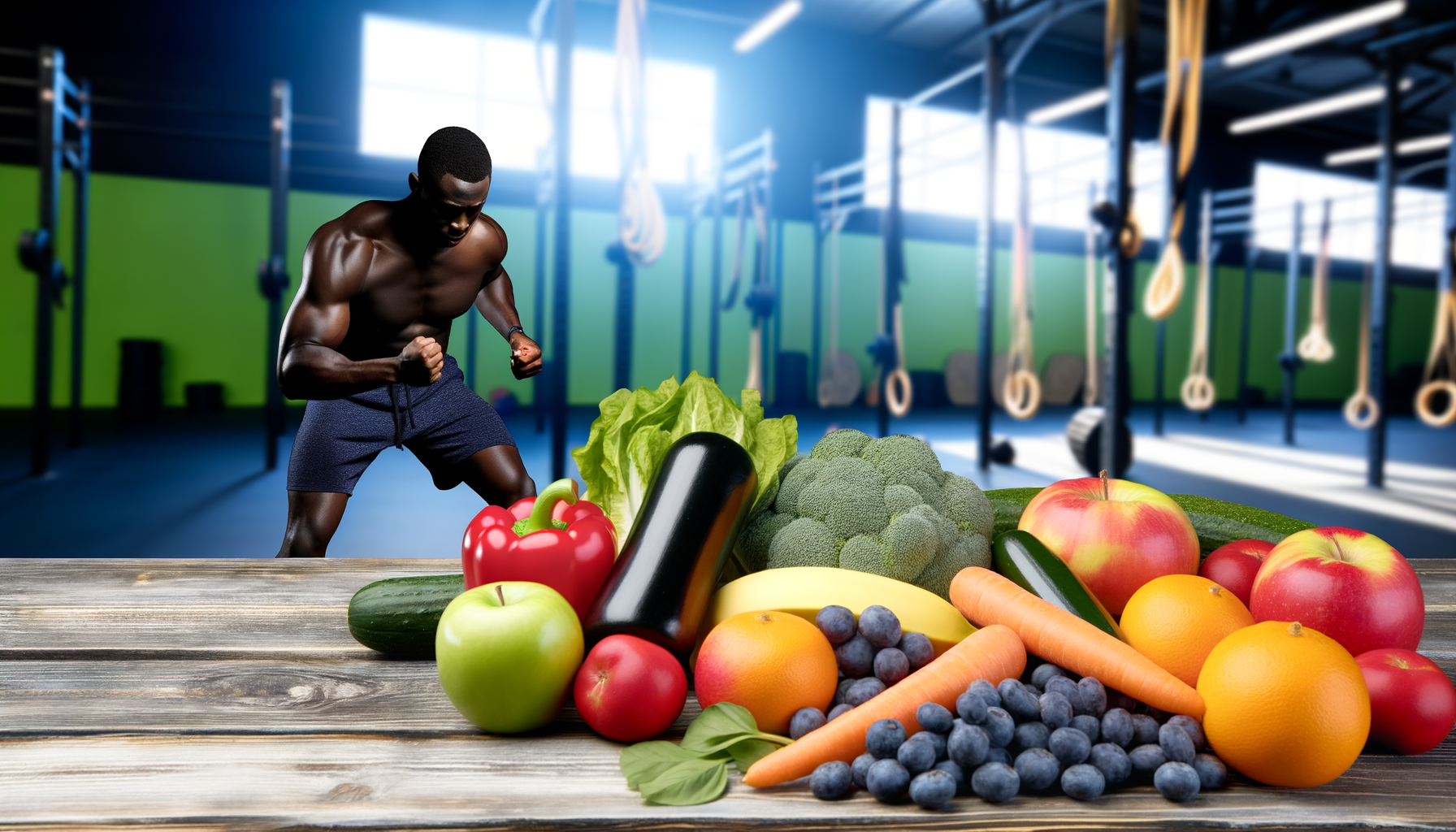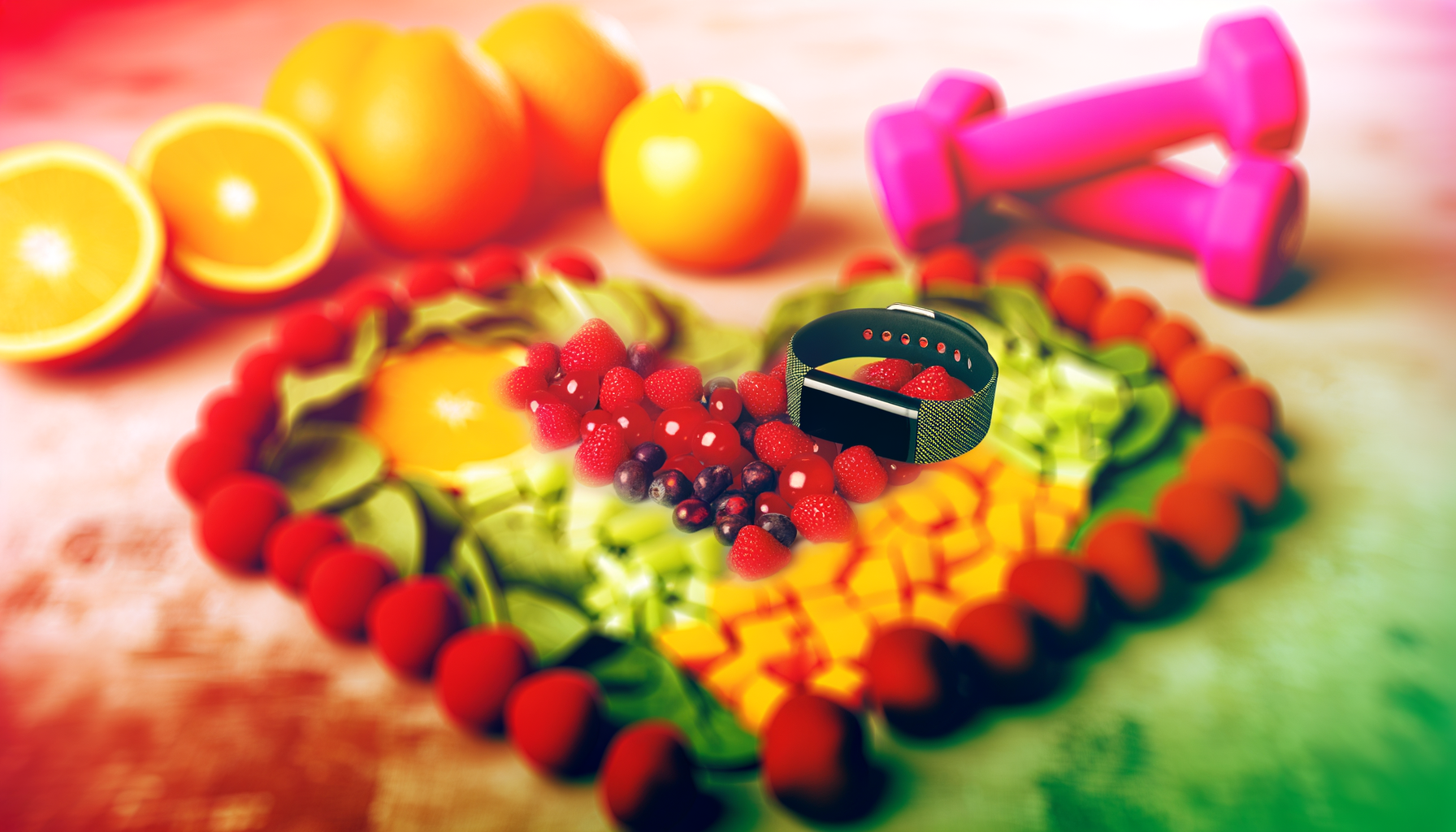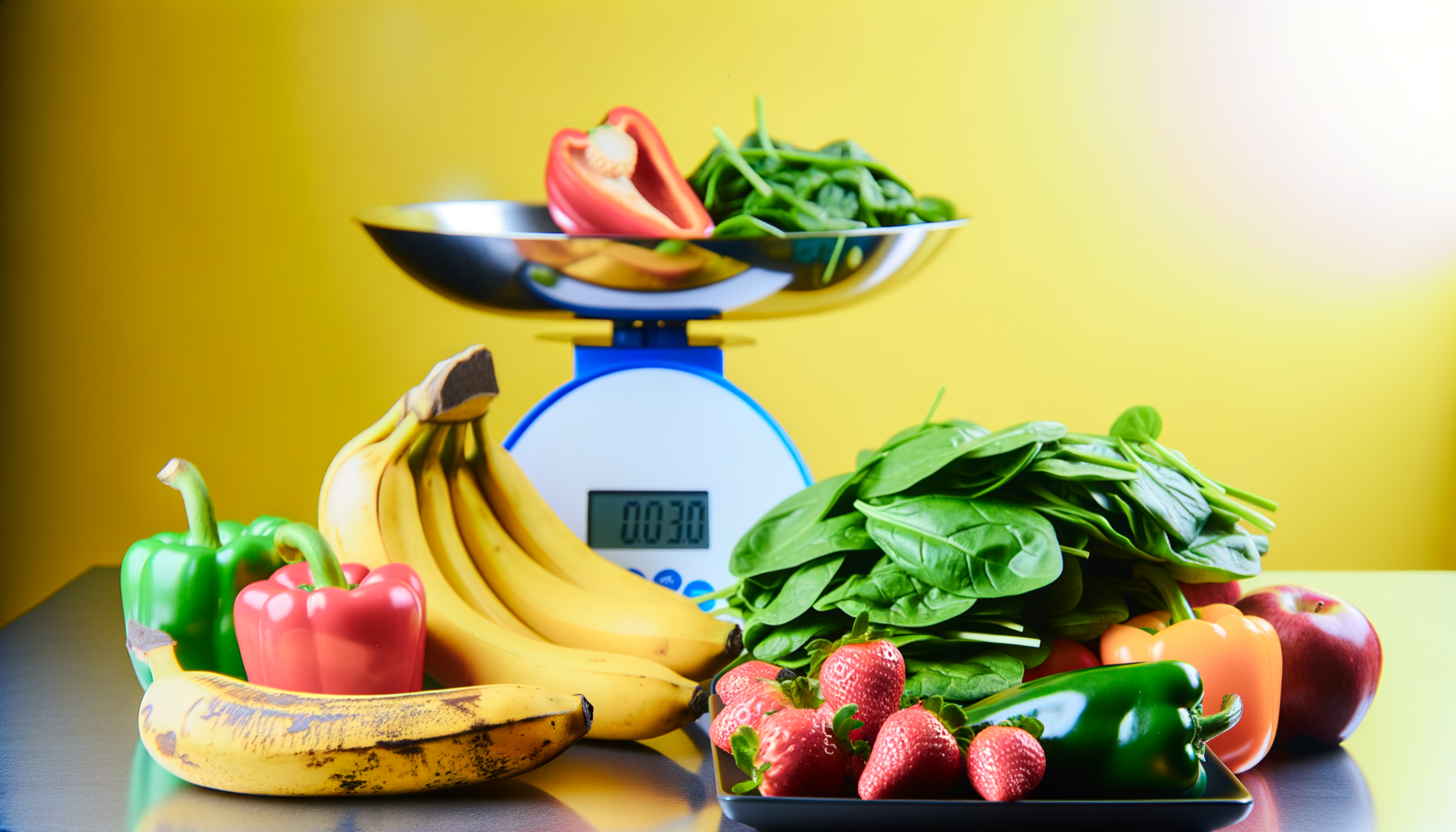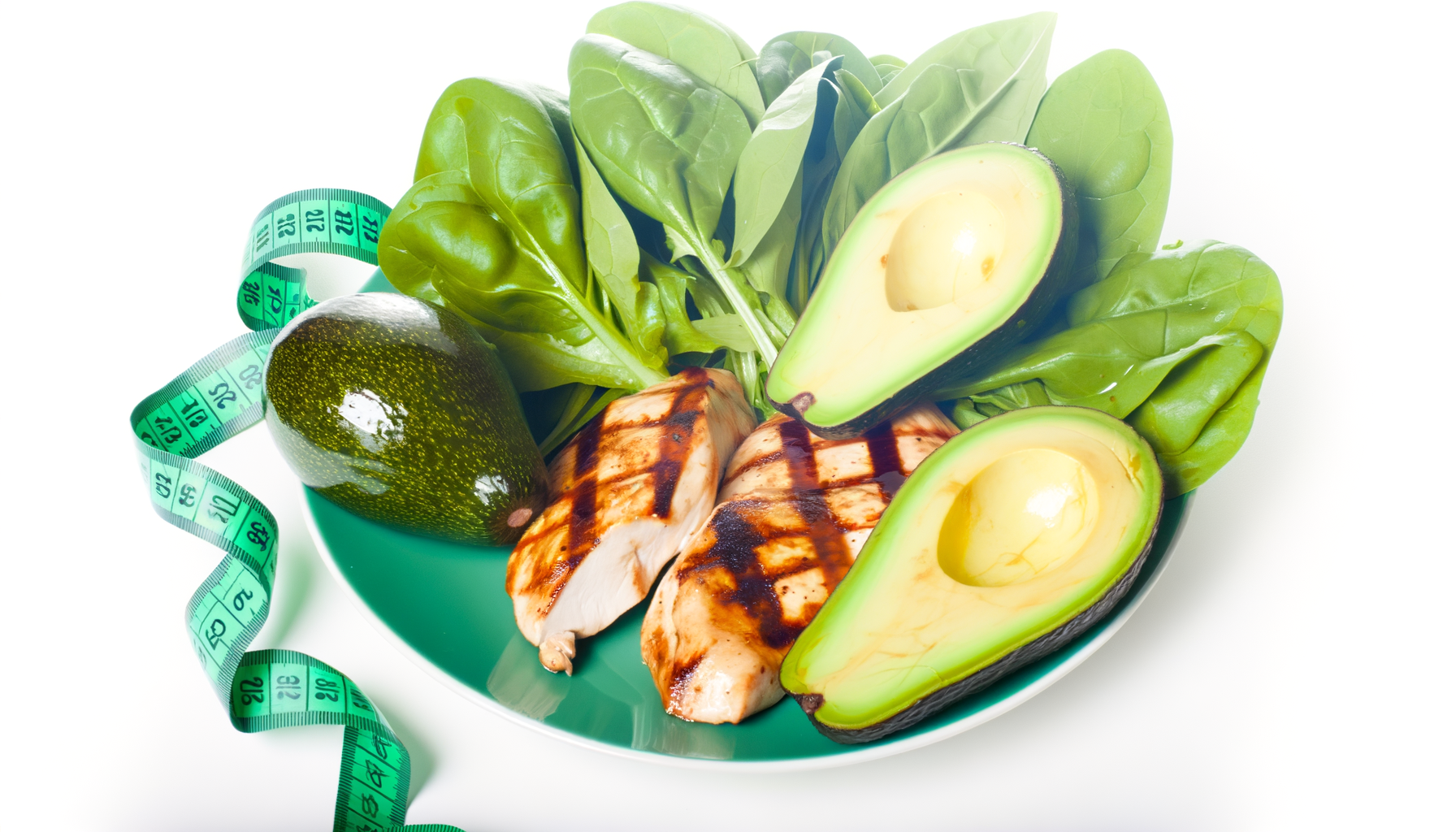The Benefits of Calorie Awareness in Youth Sports Nutrition
Optimizing Performance: The Crucial Role of Calorie Awareness in Youth Sports Nutrition
When it comes to youth sports, nutrition plays a vital role in athletic development, performance, and overall health. One of the key aspects of sports nutrition is calorie awareness, which is essential for ensuring that young athletes receive the necessary energy to support their growth, training, and competition. Here, we delve into the benefits of calorie awareness and how it can be effectively implemented in youth sports nutrition.
Energy Requirements for Youth Athletes
Youth athletes have unique energy needs that are influenced by their age, gender, and level of physical activity. According to the Academy of Nutrition and Dietetics, active teenage boys require approximately 2,600 to 3,200 calories per day, while active teenage girls need around 2,200 to 2,400 calories daily.
These calorie needs are not just for maintaining energy levels during activities but also for supporting growth and development. The energy requirements include the calories needed for synthesizing new tissues and depositing energy in growing tissues, which can vary significantly among individuals.
Macronutrient Balance
A balanced diet that includes the right mix of macronutrients is crucial for youth athletes. Carbohydrates, for instance, are the primary energy source for intense physical activities. They are stored as glycogen in the muscles and liver and are essential for high-intensity exercises and rapid recovery. Whole grains, fruits, and vegetables are excellent sources of complex carbohydrates that provide a steady release of energy.
Protein is another vital macronutrient that supports muscle repair and growth. Youth athletes should consume lean protein sources such as chicken, fish, beans, and tofu. Including protein in every meal helps in muscle recovery and development. Plant-based sources like tofu, tempeh, edamame, and various nuts and seeds are also beneficial.
Fuel Timing and Hydration
The timing of meals and snacks is as important as the quality of the food consumed. Youth athletes should eat frequently to minimize within-day energy deficits. Consuming food every three hours, including pre-exercise meals and post-exercise snacks, helps in maintaining energy stores and ensuring optimal performance.
Hydration is also a critical component of sports nutrition. Encouraging young athletes to drink water regularly before, during, and after training sessions and games helps maintain optimal hydration levels and prevents dehydration, which can lead to fatigue and impaired performance.
Practical Nutrition Tips for Youth Athletes
To ensure that youth athletes are fueling their bodies correctly, here are some practical tips:
Start the day with a nutritious breakfast, such as whole-grain cereal with low-fat milk and fruit or whole-grain waffles with peanut butter, banana, and yogurt[2>.
Choose performance-enhancing foods for lunch, like bean and beef burritos or grilled chicken sandwiches with coleslaw[2>.
Include a recovery meal after practice or a game, such as spaghetti with meat sauce, salad, and whole-grain Italian bread[2>.
Keep nutritious snacks handy, like fresh fruit, veggies with hummus, low-fat cheese, and yogurt[2>.
Encourage frequent hydration with water and consider sports drinks or low-fat milk after intense activities[3>.
The Impact on Athletic Performance
Proper nutrition has a direct impact on athletic performance. When youth athletes fuel their bodies with the right nutrients, they experience enhanced stamina, speed, agility, and mental focus. Good nutrition supports immune function, reducing the risk of illness and injury, and aids in faster recovery from training sessions and games.
The Role of Education and Support
Coaches, parents, and caregivers play a significant role in educating young athletes about the importance of nutrition. Providing guidance on meal planning, teaching them to read food labels, and encouraging them to try nutritious recipes can make a significant difference. Creating a supportive environment where healthy options are readily available can help instill healthy eating habits that benefit athletes both on and off the field.
Using Tools for Calorie Awareness
To help manage calorie intake effectively, tools like the WP Calorie Calculator can be invaluable. This tool allows coaches and parents to calculate the specific calorie needs of young athletes based on their age, gender, weight, and activity level. It also provides recommendations for balanced meals and snacks, ensuring that athletes are fueling their bodies optimally. For more detailed plans and pricing, you can visit the WP Calorie Calculator Plans page.
Conclusion and Next Steps
In conclusion, calorie awareness is a critical component of youth sports nutrition. By understanding the unique energy needs of young athletes and ensuring they consume a balanced diet with the right timing, parents, coaches, and athletes themselves can optimize performance, support growth and development, and enhance overall health. For personalized nutrition guidance, consulting a registered dietitian who specializes in sports nutrition can provide tailored advice. By prioritizing nutrition and using tools like the WP Calorie Calculator, we can empower young athletes to reach their full potential in sports and beyond.
If you are looking to integrate these strategies into your team's nutrition plan, consider exploring other resources on the WP Calorie Calculator website, which offers a wealth of information on sports nutrition and calorie management.











